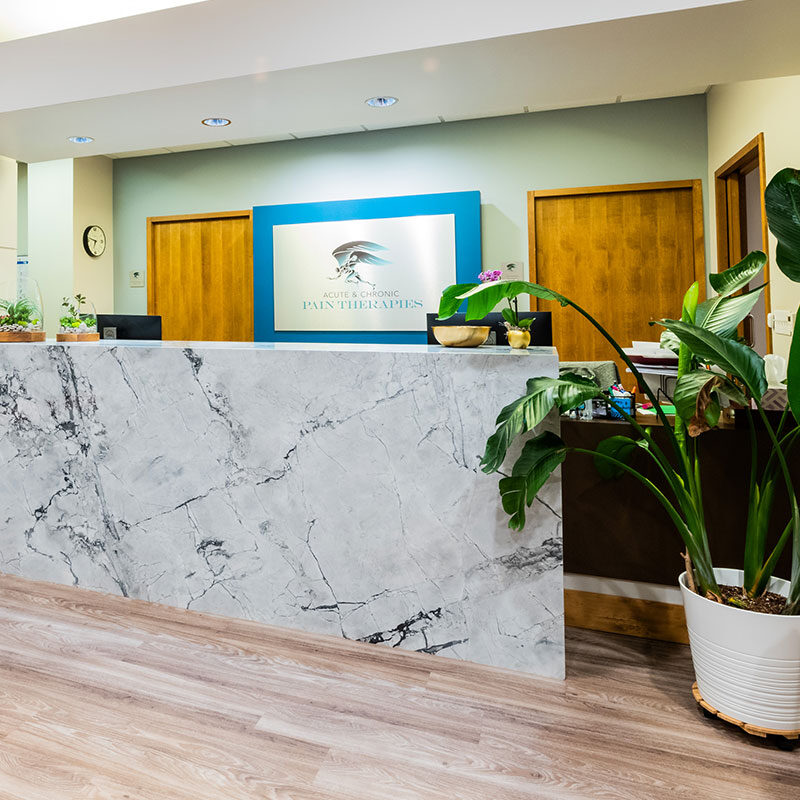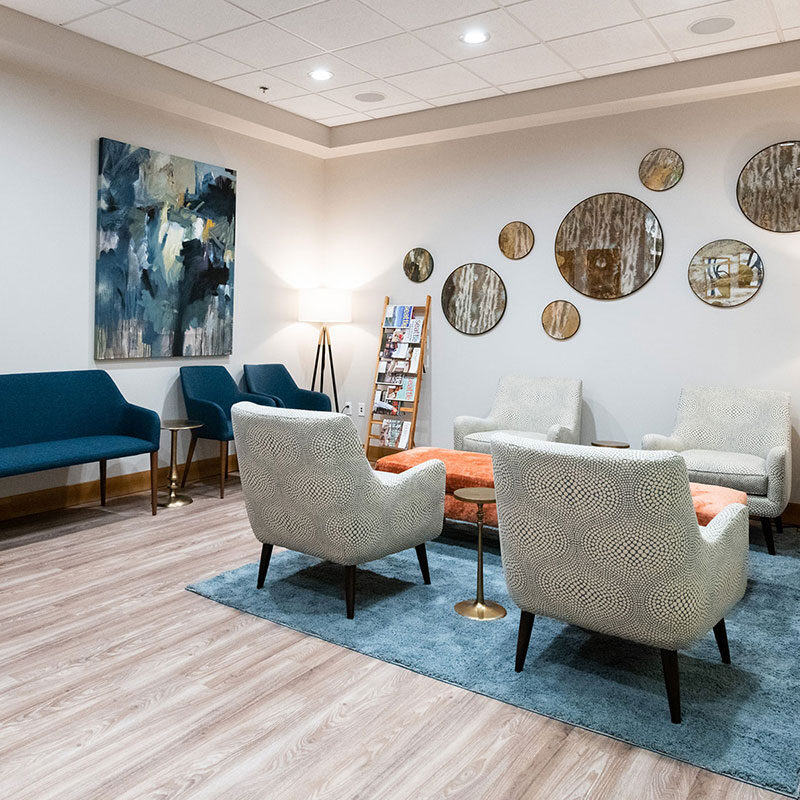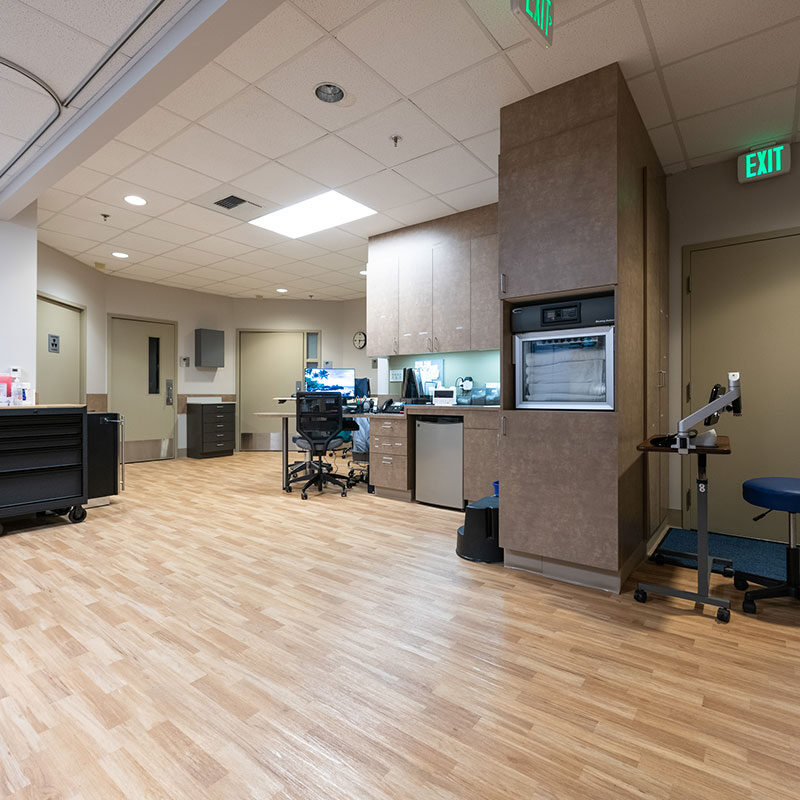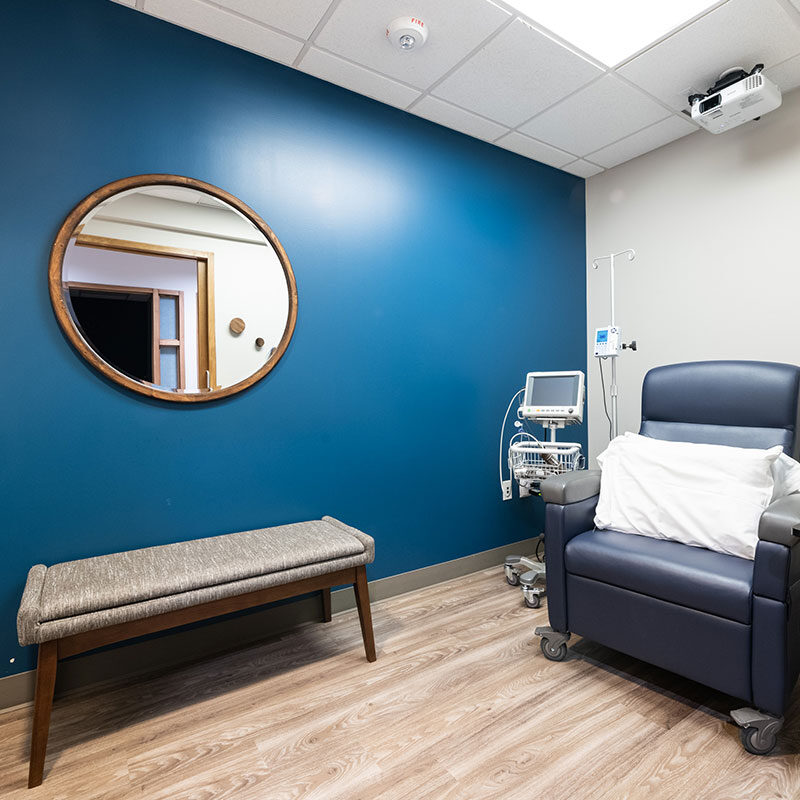Our Approach: Hand-held iOvera AND Epimed PainBlockerTM
Peripheral nerve treatment calls for cryoablation such as with the hand-held iOvera unit or Epimed Pain Blocker in most cases. Our practice offers and utilizes both the iOvera handheld and the Epimed PainBlocker, a cryoanalgesia system. The extent of ablation of the targeted nerve is determined by the proximity of the probe and the freezing time. The temperatures achieved by this process are normally -70 °C using N2O. The PainBlocker ™ has a built-in stimulator, for both sensory and motor stimulation, for accurate probe placement.
Dr. Zachary Fisk is distinctively board-certified by the American Society of Regional Anesthesiology in ultrasound-guided musculoskeletal and pain management. It is a certification that confirms specialized expertise in treatment of peripheral nerves that can only be seen under ultrasound. This is not a certification that most pain clinics obtain.
Dr. Fisk is uniquely qualified in providing this treatment as well as being a peri-procedural pain specialist that has the unique expertise of managing pain around the time of procedures such as cryoablation. Cryoablation can be painful in some cases and Dr. Fisk and his partner are board-certified in anesthesiology, offering safe sedation for patients undergoing these treatments to minimize pain and maximize comfort. He has been using cryoablation to help patients for years and speaks regularly with leading world experts in cryoablation.
Modern techniques for pain treatment and management for joint problems are increasingly low risk and minimally invasive. They can be very effective to tide patients over until surgery, to help them recovery from surgery, or even help avoid surgery in some cases. One technique we use for this purpose is nerve cryotherapy, otherwise known as cryoneurolysis, cryoablation, nerve cold therapy, iovera, epimed, and other names. This is an extremely low risk procedure, that can temporarily disable some sensory nerves for weeks to months and provide immense pain relief. It is a safe technique that in over 60 years of use around the time of surgery has almost never demonstrated long term nerve related complications, making it something worth trying.
We can now target very small nerves near the surface of the skin by using high resolution ultrasound and our ever expanding understanding of subtle human anatomy. These tiny nerves can play a major role in contributing towards pain.
Nerve Cryotherapy is a protocol using localized freezing temperatures to temporarily disable an irritated nerve. Generally, this lasts for approximately 3 months all the way up to 12 months at which point the nerve heals itself.
How does Cryotherapy work?
To freeze the nerve, ultrasound is utilized to guide a very thin needle to the nerve. The needle is withdrawn and a second needle is guided through the numbed area to the nerve. The needle then gets very cold to a very specific temperature in the area of the nerve. This specific temperature causes the nerve’s inner core to stop working temporarily. However, the nerve’s protective outer coating remains intact. The protective coating repairs the nerve’s inner core over several months.
What conditions can be treated with nerve cryotherapy?
The most common use for this therapy is to treat the nerves around the knee. This can be done for arthritis and for improved pain control around the time of surgery. Other uses include treatment of rib pain, lateral thigh pain, hip joint pain. Dr. Fisk has performed cryoablation for years and has developed a methodology for doing this procedure both safely and effectively. He has also developed methods for minimizing pain during the procedure by partially numbing the treated nerve and/or providing light sedation during the procedure.
iovera – Freeze Away Knee Pain
Dr. Zachary Fisk performs a type of cryotherapy called iovera, which is known to be an effective management for knee pain. This treatment is no more painful than numbing of the skin for an IV or a TB test. Beyond pain management before a knee surgery, the benefits extend to helping Bellevue patients recover more quickly after the surgery is complete.
Who is a good candidate for iovera cold therapy for knee pain?
Bellevue patients can sometimes achieve exceptional results from our cryotherapy treatment. This procedure is beneficial to those who have first had a successful test block. In addition, Insurance often requires a test injection before proceeding to cryoablation. Generally a test block should always be done prior to ablation, although in some cases proceeding directly to ablation may be a reasonable choice.
Cryoablation can be helpful for the following types of patients – Those who:
need help with knee pain while they wait for upcoming surgery
need help with persistent severe postoperative knee pain lasting for more than a few weeks
want to start knee rehab but it is just too painful
want to cut down on the medications they use for knee pain
Cold therapy can provide months of knee pain relief. Patients can find out if they are a good candidate by visiting Dr. Fisk for consultation. For those who may not qualify for cryotherapy, other treatment options will be recommended.
How does it work?
This procedure works by using the body’s natural response to cold to block targeted nerves from sending pain signals. It does this by forming a cold zone directly adjacent to the nerve that is cold enough to stop the nerve from signaling without damaging the surrounding tissue.
Book a Consultation for Nerve Cryotherapy
To schedule a consultation for cold therapy pain treatment with Dr. Zachary Fisk, a certified specialist in pain medicine, call our facility today at 425-440-3351. We look forward to providing new patients with narcotic-free pain relief in Seattle.




